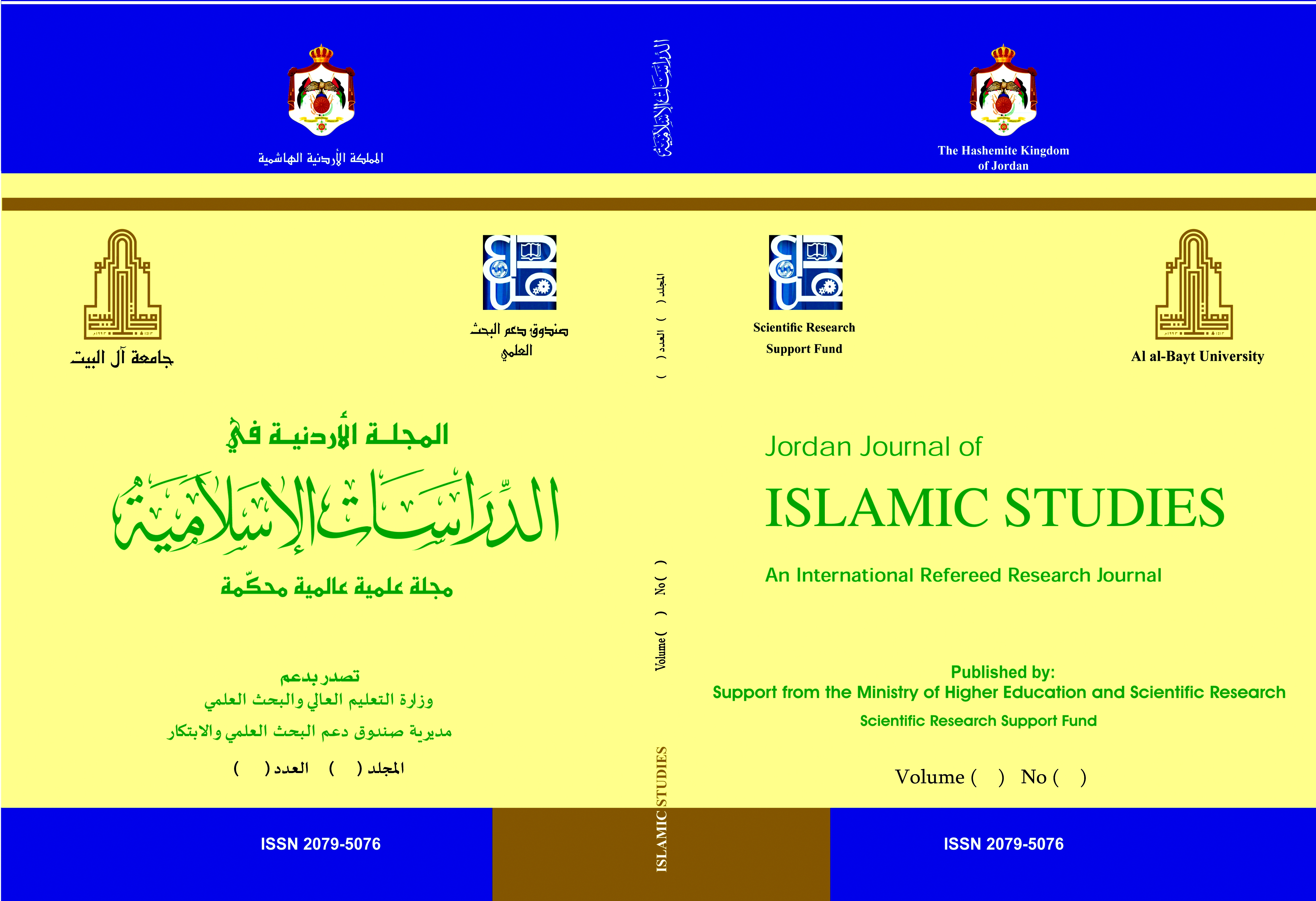Jordan Journal of Islamic Studies

Abstract
هدفت هذه الدراسة إلى بيان منتج مقترح للتخصيم الإسلامي، يهدف هذا المنتج إلى توفير السيولة اللازمة للشركات التجارية من أجل ممارسة أعمالها الاستثمارية، وتقوم هيكلة هذا المنتج على فكرة القرض الحسن، الذي ندبت الشريعة الإسلامية الى تفعيله، لما له من فوائد جمة، وعظيمة وخاصة في مجالات الاستثمار المتنوعة، وتفعيل الوكالة بأجر لتحقيق العائد للشركات المالية التي تباشر تنفيذ فكرة التخصيم الإسلامي، أو الإدارة للمشروع مقابل أجرة يتفق عليها بين الشركات التجارية والشركات المالية.
ومقترح التخصيم الإسلامي، له أصول شرعية، ومن هذه الأسس السفتجة، والمنافع المشتركة، والقواعد العامة في الفقه الإسلامي، وتعتبر الهندسة المالية الإسلامية الركيزة الأساسية لبناء مثل هذه المنتجات، التي تقوم على فكرة دمج أدوات تمويلية إسلامية، بعقود مسماة أو حديثة، لتفعيل مثل هذا المنتج المقترح.
الكلمات الدالة للبحث: تخصيم / هندسة مالية إسلامية / تخصيم إسلامي.
This study aims to illustrate a proposed product for Islamic factoring. This product aims to provide the necessary liquidity for commercial companies in order to practice their investment business. The structure of this product is based on good loans, which Islamic Sharia has mandated to activate, because of its great benefits, especially in the various investment fields. It is also based on activating the agency with a fee to achieve a return for the financial companies that implement the idea of Islamic factoring or managing the project for a fee agreed upon between the commercial companies and financial companies.
The Islamic factoring proposal has legitimate origins, among which are the bills, the common benefits, and the general rules in Islamic jurisprudence. Islamic financial engineering is the cornerstone of designing such products, which is based on the idea of integrating Islamic financing instruments, with named or modern contracts, to activate the proposed product.
Keywords: Factoring / Islamic Financial Engineering / Islamic Factoring.
Recommended Citation
Al-Shaer, Basel Youssef
(2022)
"منتج مقترح للتخصيم الإسلامي Suggested product for Islamic factoring,"
Jordan Journal of Islamic Studies: Vol. 18:
Iss.
4, Article 2.
Available at:
https://digitalcommons.aaru.edu.jo/jois/vol18/iss4/2

